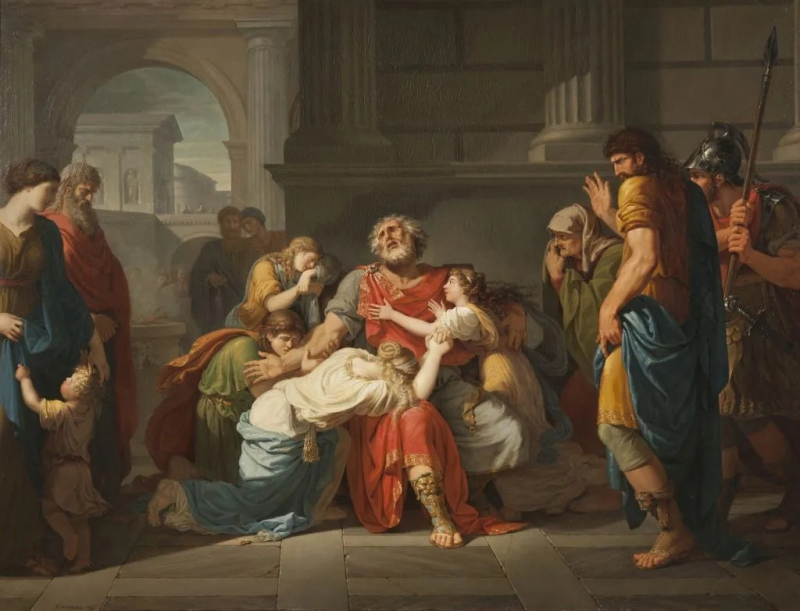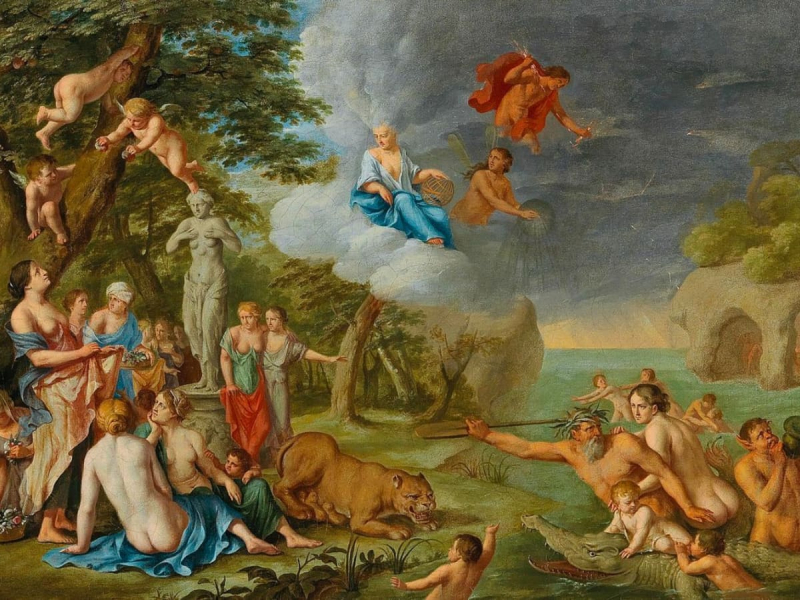The Influence of Greek Mythology on Modern Literature
Greek mythology has long been a source of inspiration in modern literature, providing a rich tapestry of themes, archetypes, and narratives. This essay explores the influence of Greek mythology on contemporary literature, examining how ancient myths have been reinterpreted and woven into modern narratives.
The enduring legacy of Greek myths is evident in their thematic depth and versatility. Modern authors often draw on these timeless stories, finding in them universal themes of human experience. For instance, the theme of hubris, or excessive pride, central to the tale of Icarus, is frequently explored in modern literature to reflect on the consequences of human overreach. Similarly, the Odyssey's themes of journey and homecoming are echoed in countless contemporary works. They underscore the timeless quest for identity and belonging (Murnaghan, 2019).
Moreover, Greek mythology provides a rich repository of characters and archetypes. They continue to resonate with modern audiences. Heroes like Achilles, Odysseus, and Hercules embody qualities that remain relevant today, such as courage, perseverance, and the complex nature of heroism. Modern literature often reimagines these characters. It places them in contemporary contexts or exploring their stories from new perspectives. This reimagining allows authors to critique or affirm the values these heroes represent, making ancient myths relevant to a modern audience (Hamilton, 1942).
The narrative structures and motifs from Greek mythology also profoundly influence modern storytelling. The hero's journey is a narrative arc involving departure, initiation, and return. It is a pattern repeated across modern literature, films, and even video games. This structure, deeply rooted in myths like those of Perseus and Theseus, provides a compelling framework for character development and plot progression. By adopting and adapting these narrative forms, modern literature taps into a shared cultural heritage. Therefore, it enriches its storytelling with the depth and resonance of ancient myth (Campbell, 1949).
In conclusion, the influence of Greek mythology on modern literature is both profound and pervasive. Through thematic exploration, the reimagining of characters, and the adoption of narrative structures, contemporary literature continues to draw from this ancient wellspring. These myths, with their exploration of human nature and the cosmos, allow modern literature to reflect on timeless questions through the lens of the ancient world.
References
- Campbell, J. (1949). The Hero with a Thousand Faces. New World Library.
- Hamilton, E. (1942). Mythology. Little, Brown and Company.
- Murnaghan, S. (2019). Greek Mythology in Modern Literature. Oxford Research Encyclopedias.












